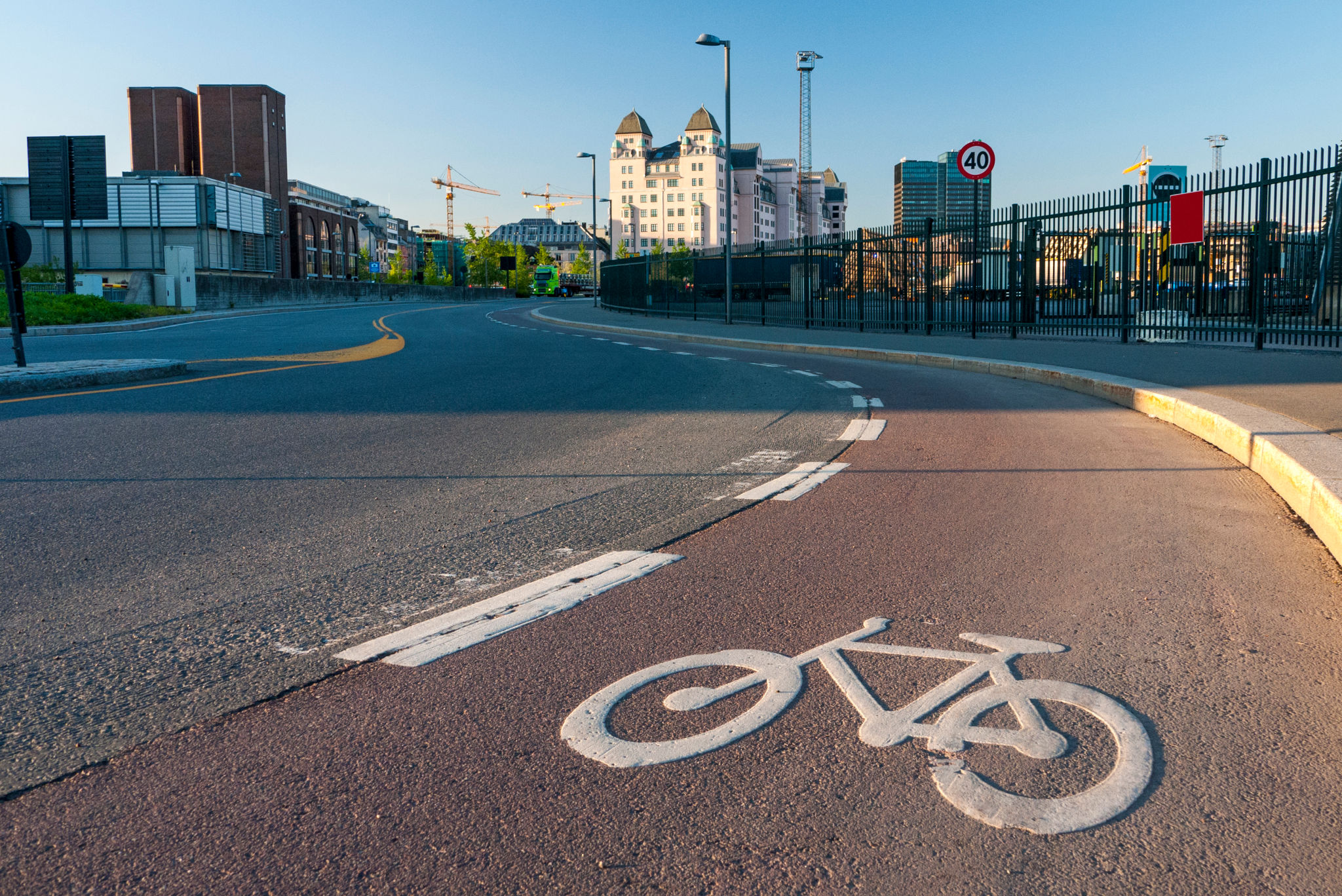Local Insights: Navigating Oslo's Event Regulations and Permits
Understanding Oslo's Event Regulations
Organizing an event in Oslo can be an exciting endeavor, but it's essential to navigate the city's event regulations carefully to ensure a smooth process. Oslo, like many major cities, has a set of rules and permits that event organizers must adhere to. These regulations are in place to ensure public safety, manage city resources effectively, and preserve the environment. Understanding these guidelines is crucial for anyone planning an event, whether it's a small community gathering or a large-scale festival.
The first step in organizing an event in Oslo is determining whether your event requires a permit. Generally, any event held in a public space, such as parks, streets, or plazas, will require permission from the city authorities. The type of permit needed can vary depending on the nature and size of your event.

Types of Permits Required
Oslo offers several types of permits depending on the specifics of your event. Some common permits include:
- Public Space Permit: Required for events held in public areas.
- Sound Permit: Necessary if your event involves amplified sound.
- Food and Beverage Permit: Needed if you plan to serve food or alcohol.
It's important to apply for these permits well in advance, as processing times can vary. The city recommends submitting applications at least six weeks before your planned event date.
Environmental Considerations
Oslo places a strong emphasis on environmental sustainability. Event organizers are encouraged to implement eco-friendly practices, such as waste reduction and recycling. Additionally, if your event involves any temporary structures or modifications to the landscape, you may need to obtain an environmental impact assessment.

The city also advises considering public transportation options for attendees to minimize traffic congestion and reduce carbon emissions. Providing clear information on how to access the event venue via public transit can enhance the attendee experience while aligning with Oslo's sustainability goals.
Safety and Emergency Planning
Ensuring the safety of all attendees is a top priority. Depending on the size of your event, you may be required to submit a safety plan outlining emergency procedures, first aid arrangements, and crowd management strategies. It's crucial to collaborate with local emergency services to develop a comprehensive plan that addresses potential risks.

Additionally, if your event is expected to attract large crowds, hiring professional security personnel might be necessary. This measure not only ensures the safety of attendees but also facilitates smooth operations during the event.
Community Engagement and Communication
Engaging with the local community is an essential aspect of organizing a successful event in Oslo. It's beneficial to inform nearby residents and businesses about your event plans, especially if it involves road closures or noise. Open communication helps build positive relationships with the community and can lead to increased support and attendance.
Using social media and local forums to share event details can also be effective in generating interest and providing updates. This proactive approach to communication demonstrates consideration for the community and enhances your event's reputation.
Final Thoughts
Navigating Oslo's event regulations and permits might seem daunting at first, but with thorough planning and adherence to guidelines, it's entirely manageable. By understanding the requirements and taking proactive steps, you can ensure that your event is not only compliant but also successful and well-received by attendees and the local community.
Whether you're organizing a cultural festival or a corporate gathering, keeping these insights in mind will help you create a memorable and impactful event in Oslo. Remember to start planning early, engage with relevant authorities, and maintain open communication with all stakeholders involved.